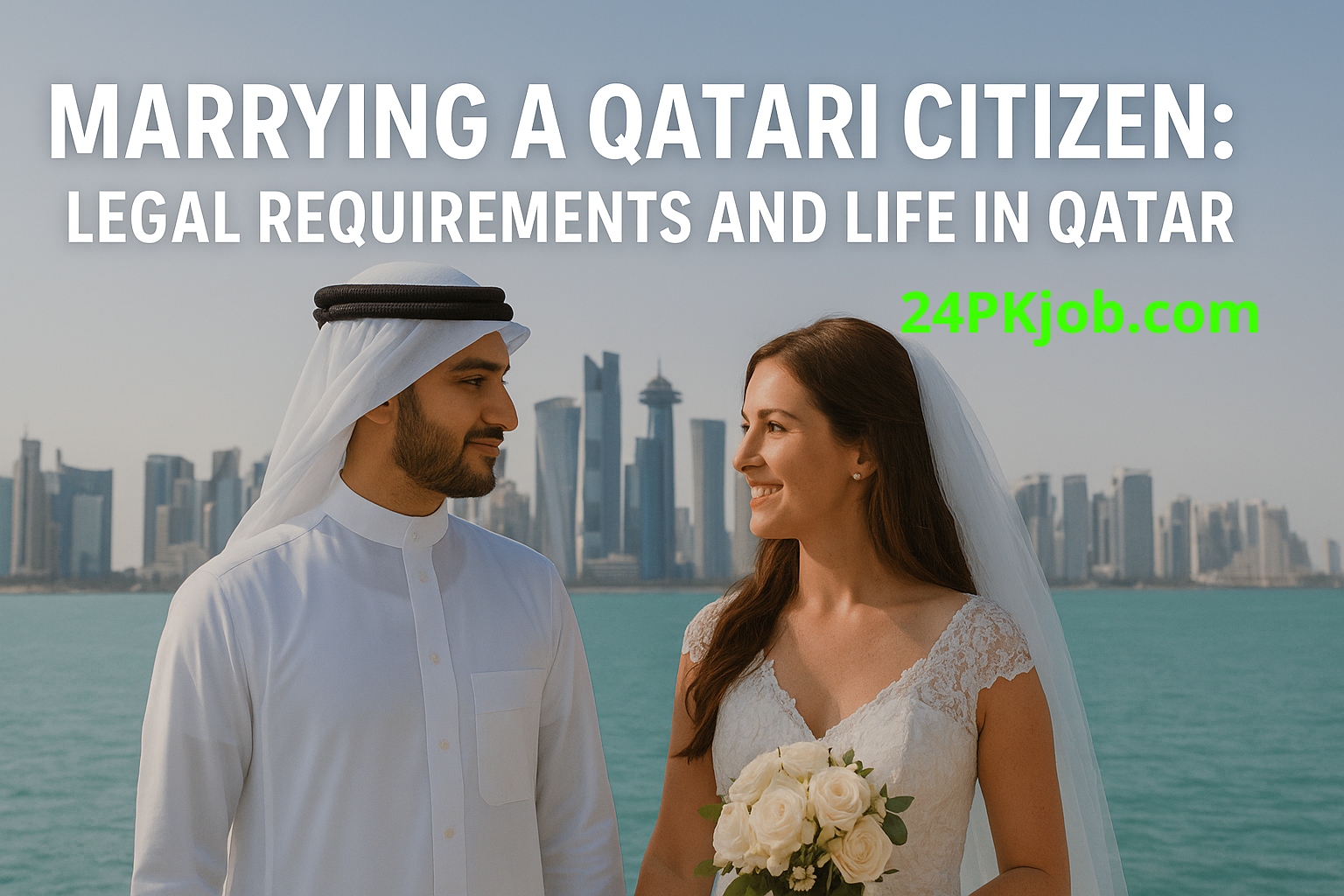Love knows no borders — and for couples wanting to start their life together in Germany, the “Marriage Visa” can be the gateway to a shared future. Whether you’re planning to marry a German citizen or a resident, or you’re already married and looking to reunite, this guide covers all aspects of the Germany Love and Marriage Visa process in 2025.
1. What is a Germany Love and Marriage Visa?
The term “Love and Marriage Visa” isn’t an official category, but it commonly refers to visas issued for the purpose of:
- Entering Germany to marry a partner (fiancé visa)
- Joining a spouse who lives in Germany (spouse reunification visa)
Both fall under family reunification laws governed by the German Residence Act (Aufenthaltsgesetz).
2. Visa Options Based on Relationship Status
A. Fiancé Visa (Visa to Marry in Germany)
If you’re engaged and plan to marry your partner in Germany, this is the visa for you.
Requirements:
- A registered address of your fiancé in Germany
- An invitation letter and formal obligation (Verpflichtungserklärung)
- Evidence of a genuine relationship (photos, chat history, etc.)
- Appointment for a marriage at the local registry office (Standesamt)
- Basic German language skills (A1 CEFR level)
B. Spouse Reunification Visa
For couples already married, this visa allows the non-German spouse to join their partner in Germany.
Requirements:
- Valid marriage certificate (may need to be legalized or apostilled)
- Proof of German or long-term EU resident spouse’s residence status
- Sufficient income and living space
- Basic German language skills (A1 level, in most cases)
3. Step-by-Step Application Process
Step 1: Gather Required Documents
Each German embassy may have slightly different requirements. Typically, you’ll need:
- Valid passport
- Marriage certificate or confirmation of intent to marry
- Proof of relationship
- German A1 language certificate (e.g., from Goethe-Institut)
- Health insurance
- Proof of accommodation in Germany
Step 2: Book a Visa Appointment
Appointments can take weeks or even months. Book early at the German Embassy or Consulate in your country.
Step 3: Submit Your Application
Submit your documents and attend a short interview. Honesty and consistency in your answers are critical.
Step 4: Wait for a Decision
Processing usually takes 6–12 weeks, but can vary based on workload and complexity.
4. After Arrival in Germany
Register Your Address
Within 14 days of arrival, register at the local Einwohnermeldeamt (residents’ registration office).
Apply for a Residence Permit
Visit the Ausländerbehörde (foreigners’ office) to convert your visa into a temporary residence permit.
5. Rights and Benefits
- Right to live and work in Germany
- Access to public healthcare and integration courses
- Pathway to permanent residency after 3 years of living together
- Eligibility for German citizenship after a few years (with some conditions)
6. Common Pitfalls to Avoid
- Insufficient proof of relationship: Embassies check for fake or forced marriages.
- Missing German language certificate: This is one of the most common reasons for rejection.
- Incorrect document translations: Use certified translations for all non-German documents.
7. Love and LGBTQ+ Couples in Germany
Germany recognizes same-sex marriages and civil partnerships, and LGBTQ+ couples enjoy the same reunification rights. However, documentation must meet German legal standards, and marriage must be legally valid in the country where it was performed.
8. Tips for a Successful Application
- Prepare a relationship timeline with key events.
- Practice basic German if required for interviews.
- Submit organized and translated documentation.
- Stay patient; processing times can be frustrating.
9. Where to Get Help
- German embassy/consulate in your country
- Standesamt in the German city where your partner resides
- Legal advisors or immigration consultants
- Official resources: Make it in Germany
Conclusion
The path to starting a life together in Germany through love and marriage may seem bureaucratic, but with patience and the right preparation, it’s absolutely achievable. Germany values family unity and offers robust support once your visa is approved. Love might not be bound by borders — but understanding the system helps love find its way home.



